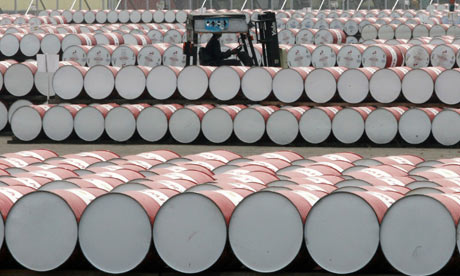A number of banks operating in the Egyptian market were shocked after the Central Bank of Egypt (CBE) refused to grant them any dollars in the periodic FX Auction on Sunday.
The CBE held its first periodic auction this week, the fourth since new Governor Tarek Amer took office. About $39.5m were sold to banks through this auction, while the allocation rate amounted to 33.33% compared to 35.7% on Thursday.
Only around 14 banks obtained dollars from the CBE in Thursday’s auction, while the CBE usually does not reveal details about these auctions.
Meanwhile, banks have increased their objections regarding the controls imposed by the CBE on Thursday. The regulations have conditioned the granting of dollars to the banks through the auctions to being active in providing foreign exchange to their customers.
Thus, many banks have suffered due to a lack of understanding of the regulations and the way they will be executed. They have demanded that the CBE further clarify the regulations and place specific rules regarding how to obtain dollars.
According to the head of the exchange market department in a bank, who wished to remain anonymous, it is difficult for many banks operating in the Egyptian market to meet the requirements the CBE demands.
He said obtaining foreign exchange from the local market is a very difficult process in light of the significant difference between the dollar’s price at the banks and in the black market, which exceeds EGP 0.5. This situation makes it difficult to attract dollar owners to sell at the banks.
He said the CBE’s demand for banks to manage credit facilitations with their correspondent banks abroad to fund the documentary credits is also very difficult. The demand comes in the context of Egypt’s low credit rating, which is reflected on the rating of the banks operating in the Egyptian market as well, making obtaining these facilitations even more difficult.
“We do not know according to what rules the banks will be evaluated and whether they meet the CBE’s requirements and whether they will be able to obtain dollars from it or not. The issue is still ambiguous and requires more clarification,” the source said.
The CBE cannot equate between banks that contribute to covering the treasury bills in euros and dollars and those that refuse to participate in covering the bills on the basis that they have reached their maximum investments, he said.
He said banks that invest in the governmental debt instruments in dollar and euro directly aid the CBE and the government in providing foreign exchange for the country, and the CBE should take that into consideration while evaluating the banks.
The source further noted that the CBE indirectly demands that banks expand granting temporary credit facilitations for their customers who work in the import field, which is risky for the banks and the country as a whole. The banks expected the CBE to further minimise these facilitations.



